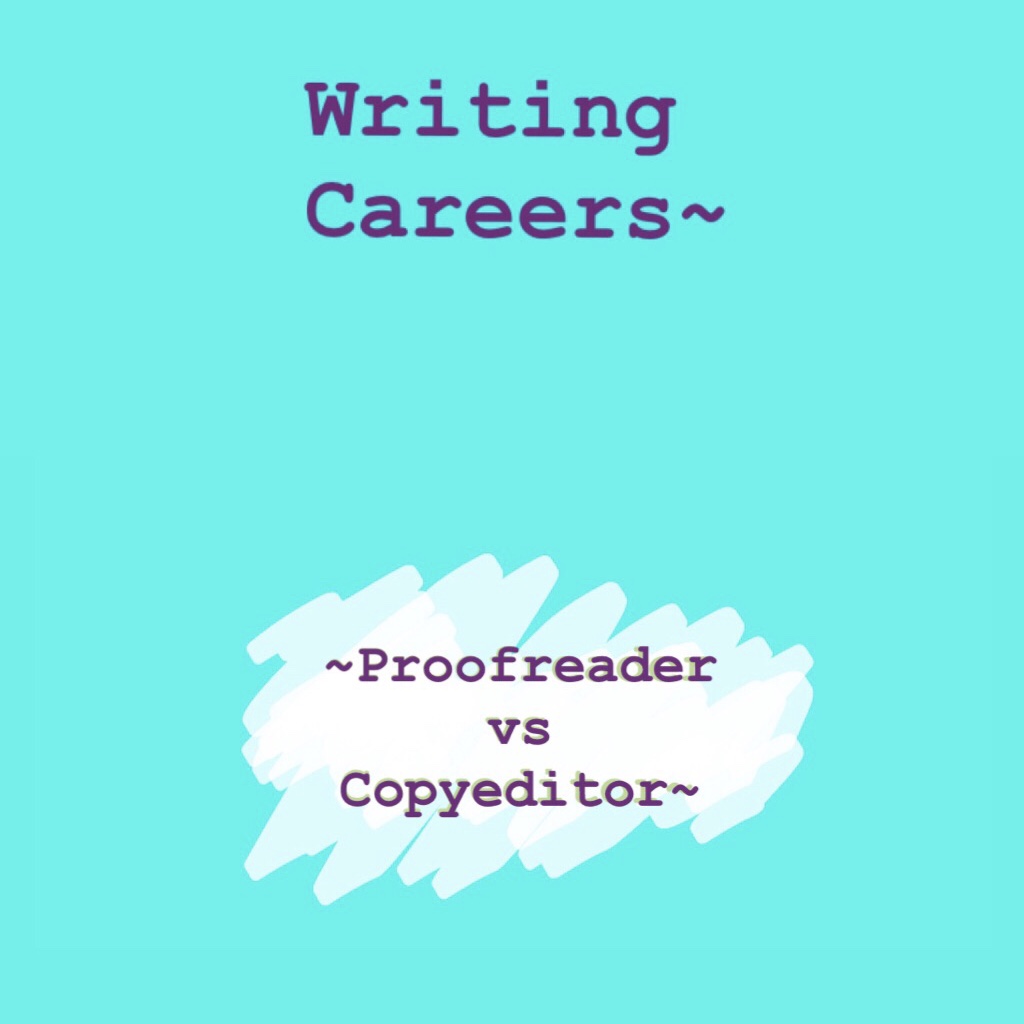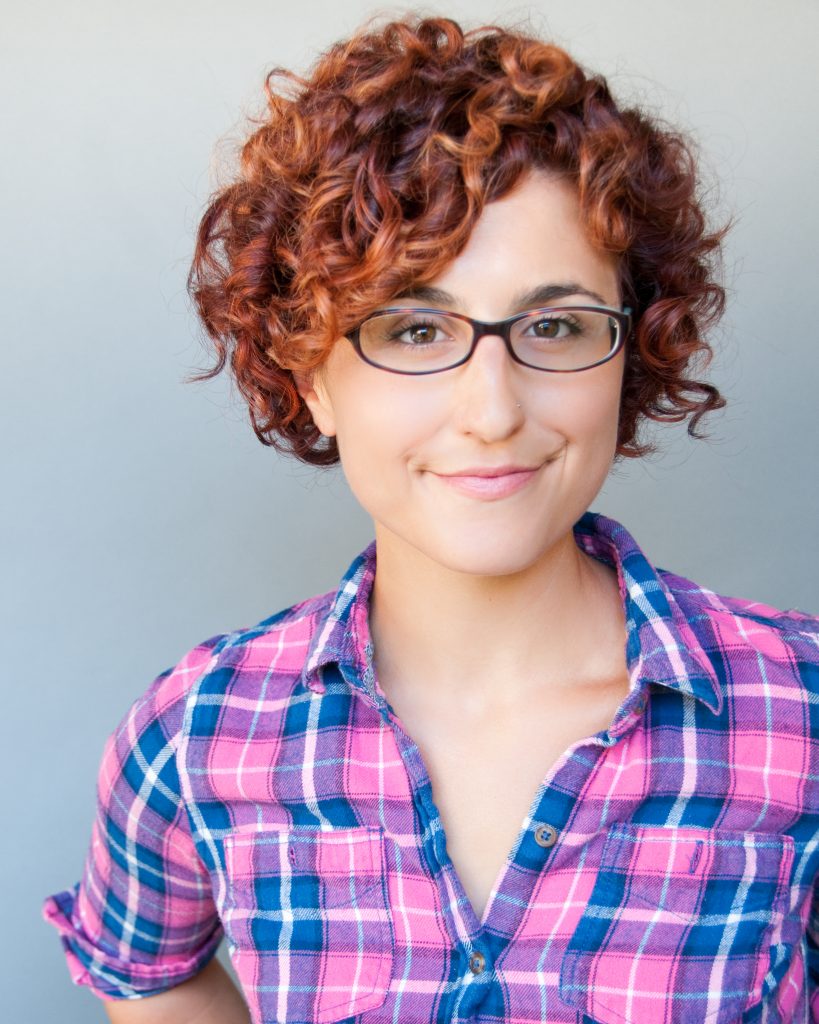
Professional proofreader and copyeditor Debbie Friedman describes the differences between being a proofreader and a copy editor.
Proofreading is different from copyediting, though there are definitely some gray overlapping areas.
The copyeditor sees the author’s manuscript, usually as an electronic Word document. I usually receive manuscripts that have already been “styled” meaning that someone else has already gone through it and coded it for special formatting like chapter titles, subtitles, extracts (like poems or letters or text messages), and that sort of thing. Less common are documents that still require coding or documents that are physical hard copies, but those happen too. The copyeditor then works through the manuscript checking pretty much everything, from spelling and grammar, to formatting, to story consistency issues, checking the timeline works, keeping track of characters names and characteristics. She will also enforce global consistency over the manuscript, meaning all the rules that will be followed. Are we drawing a distinction between further and farther? Are we going to set words that appear on signs in small caps? Will we be adding commas before terminal and internal “too” and “either”? Many of these issues are either covered in Chicago or in a publishing house’s house style guide, but sometimes authors have preferences that trump those. And there are a million issues that are so specific to each manuscript that they aren’t covered anywhere, they just need a choice to be made about them. The copyeditor just has to make sure it’s all consistent.
Then, once all those changes are made, and the author and editor approve and incorporate all the changes, the Word document is typeset.
The proofreader receives the typeset pages (how they will look when they’re actually printed in the book). Sometimes I’ll receive these as a PDF, but most of this work right now is still done on physical paper. As a proofreader, I might receive these “first-pass” pages, in which case I will compare the typeset pages against the Word manuscript to make sure all the coding and changes made it into the typeset pages appropriately. The proofreader is then not only checking for spelling and grammar and light fact checking and also keeping track of characters names and their characteristics…but she’s also checking for various layout elements now that the pages are set (these run the gamut from incorrectly formatted extracts to stacks of the same letters at the beginning or end of each line, to incorrect running heads). What she’s not doing, though, is making any bold global changes without checking in with the production editor. Changes at this stage should be minimal, so going nuts on commas is not going to make you friends. And (sometimes I can’t help it) pointing out story issues is really not on the proofreader either.
Once a first-pass proofread is done, those changes are incorporated and then the new pages are the second-pass pages. Many books get a second-pass proofread as well, where (a different) proofreader will compare the changes the first proofreader made and make sure the second-pass pages incorporated all the changes appropriately. (While also doing yet another proofread of the work in general!)
And then there are other proofreads that get done where a book that has previously been published will be published in a different format (mass market, large type) where it’ll get another proofread to make sure all the text made it appropriately into the reflowed version. Sometimes formatting gets wonky in new editions or weird glitches occur and random text gets added or dropped.
Then there are “cold reads” where the proofreader doesn’t compare the pages to anything.
Interested in finding out more about a career as a copyeditor? Check out my interview with Debbie about copyediting here.

Debbie Friedman is a Brown University graduate with a BA in English and Theater Arts. Her manuscript for a YA novel, currently titled Star Dust, won SCBWI LA’s manuscript competition in the YA category at the 2018 Writers Day and was a runner up for SCBWI LA’s top prize, the Sue Alexander Grant; it also placed in the top ten in the Launch Pad Manuscript Competition. She’s an active member of SCBWI and works as a freelance proofreader and copyeditor for various publishers including Simon & Schuster, Hachette, and Macmillan. She lives in Los Angeles with the love of her life (her dog) and her husband. Find out more at https://www.debbiefriedmanauthor.com

